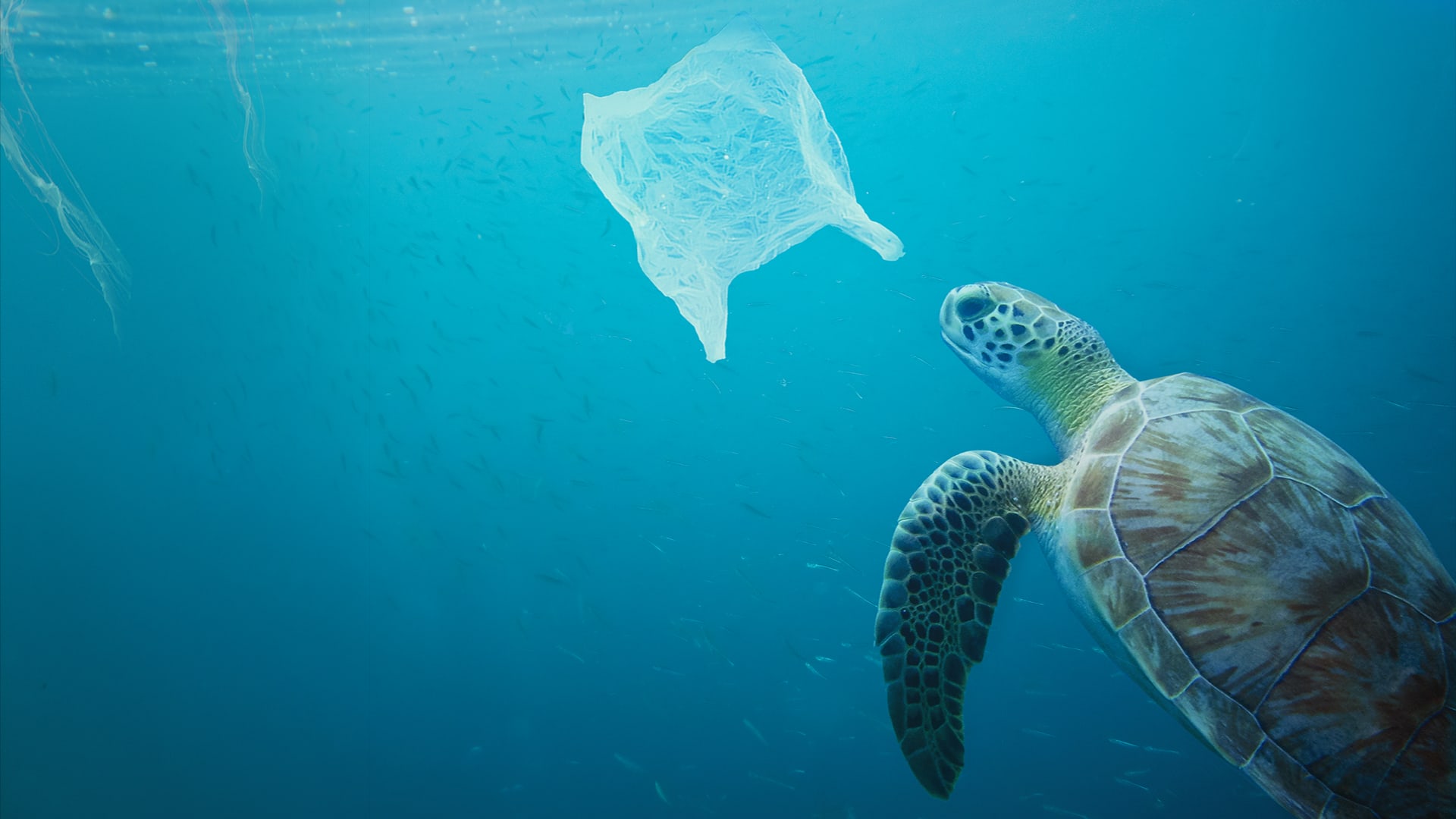Scroll for prep

Please wait…
This video is having trouble loading. You may have lost your Internet connection.
Step 1: Click to Reload this page
Step 2: Click to
Try our other video player
Step 3: Contact your teacher if trouble persists.
Or,
dismiss this message.
Full Screen
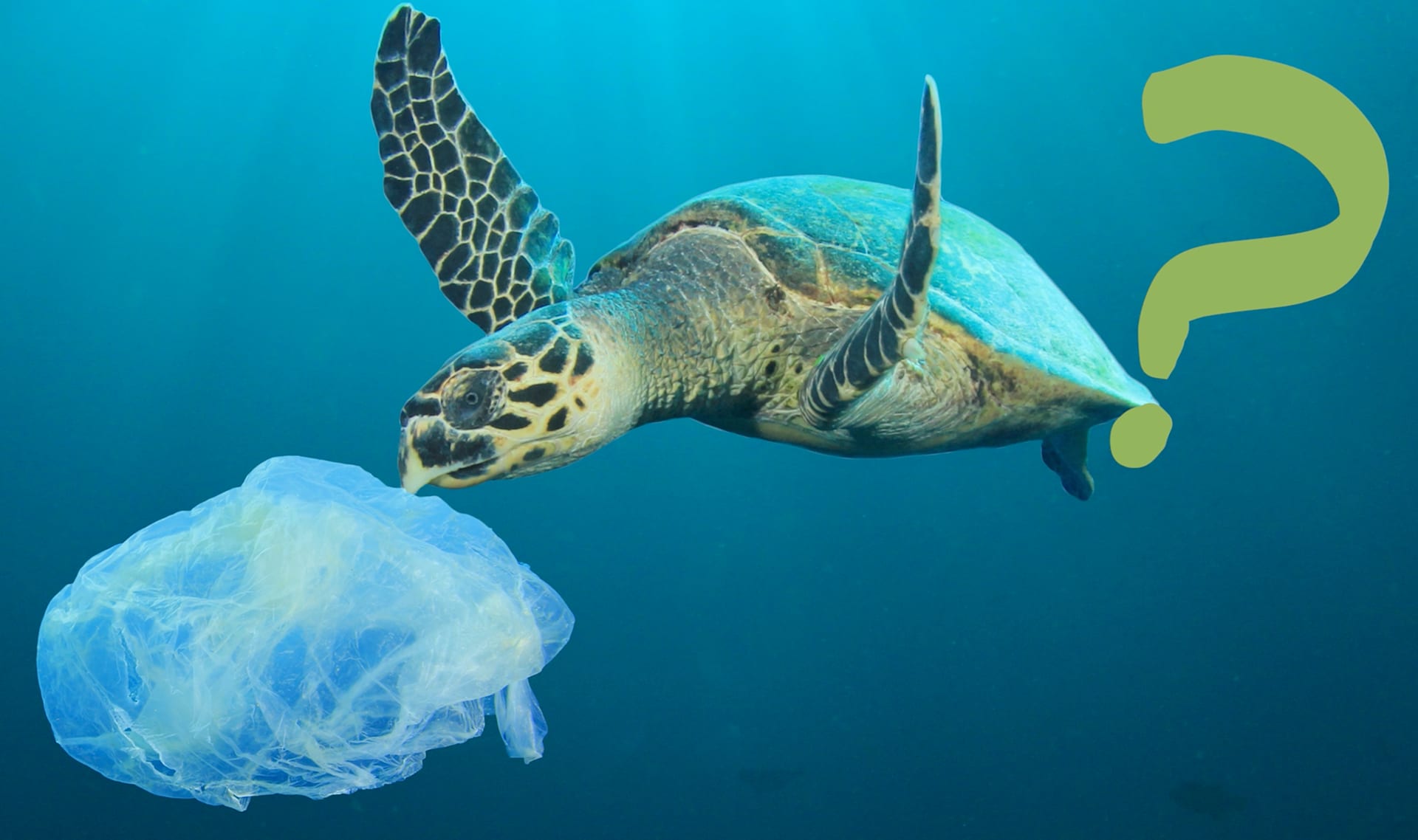
DISCUSS:
Why do you think a sea turtle might eat a plastic bag?
Why do you think a sea turtle might eat a plastic bag?
Full Screen

Please wait…
This video is having trouble loading. You may have lost your Internet connection.
Step 1: Click to Reload this page
Step 2: Click to
Try our other video player
Step 3: Contact your teacher if trouble persists.
Or,
dismiss this message.
Full Screen
DISCUSS:
Think of your favorite sweet food.
What does it smell like, feel like, sound like, look like, taste like?
What memories do you have of that food?
Full Screen

Please wait…
This video is having trouble loading. You may have lost your Internet connection.
Step 1: Click to Reload this page
Step 2: Click to
Try our other video player
Step 3: Contact your teacher if trouble persists.
Or,
dismiss this message.
Full Screen
DISCUSS:
What kinds of animals do you have near where you live? What do you know about their SENSES, INSTINCTS, and MEMORIES?
Full Screen

Please wait…
This video is having trouble loading. You may have lost your Internet connection.
Step 1: Click to Reload this page
Step 2: Click to
Try our other video player
Step 3: Contact your teacher if trouble persists.
Or,
dismiss this message.
Full Screen

Please wait…
This video is having trouble loading. You may have lost your Internet connection.
Step 1: Click to Reload this page
Step 2: Click to
Try our other video player
Step 3: Contact your teacher if trouble persists.
Or,
dismiss this message.
Step
01/20
01/20
You’ll work with a partner.
Full Screen

Please wait…
This video is having trouble loading. You may have lost your Internet connection.
Step 1: Click to Reload this page
Step 2: Click to
Try our other video player
Step 3: Contact your teacher if trouble persists.
Or,
dismiss this message.
Step
02/20
02/20
Get your supplies.
Full Screen

Please wait…
This video is having trouble loading. You may have lost your Internet connection.
Step 1: Click to Reload this page
Step 2: Click to
Try our other video player
Step 3: Contact your teacher if trouble persists.
Or,
dismiss this message.
Step
03/20
03/20
Fold your Raccoon Senses and Raccoon Behavior sheets on the thin
black line. Put the “Mystery Item 1” side face up.
black line. Put the “Mystery Item 1” side face up.
Full Screen

Please wait…
This video is having trouble loading. You may have lost your Internet connection.
Step 1: Click to Reload this page
Step 2: Click to
Try our other video player
Step 3: Contact your teacher if trouble persists.
Or,
dismiss this message.
Step
04/20
04/20
Cut out all of the Memory Cards along the dotted lines. Stack them
into 3 piles: Touch Memories, Smell Memories, & Sight Memories.
Put the piles off to the side.
into 3 piles: Touch Memories, Smell Memories, & Sight Memories.
Put the piles off to the side.
Full Screen

Please wait…
This video is having trouble loading. You may have lost your Internet connection.
Step 1: Click to Reload this page
Step 2: Click to
Try our other video player
Step 3: Contact your teacher if trouble persists.
Or,
dismiss this message.
Step
05/20
05/20
Get your supply. Then, feel the item inside the bag without looking at
what it is.
what it is.
Full Screen

Please wait…
This video is having trouble loading. You may have lost your Internet connection.
Step 1: Click to Reload this page
Step 2: Click to
Try our other video player
Step 3: Contact your teacher if trouble persists.
Or,
dismiss this message.
Step
06/20
06/20
After using your sense of touch to gather information about the
Mystery Item, write what you notice in the “touch” box on your
Raccoon Senses sheet.
Mystery Item, write what you notice in the “touch” box on your
Raccoon Senses sheet.
Full Screen

Please wait…
This video is having trouble loading. You may have lost your Internet connection.
Step 1: Click to Reload this page
Step 2: Click to
Try our other video player
Step 3: Contact your teacher if trouble persists.
Or,
dismiss this message.
Step
07/20
07/20
Place your Brain Model in between you and your partner. Tape the
two sheets together with your label stickers. Stack each pile of cards
on the matching memory box.
two sheets together with your label stickers. Stack each pile of cards
on the matching memory box.
Full Screen

Please wait…
This video is having trouble loading. You may have lost your Internet connection.
Step 1: Click to Reload this page
Step 2: Click to
Try our other video player
Step 3: Contact your teacher if trouble persists.
Or,
dismiss this message.
Step
08/20
08/20
Spread out Touch Memory cards on your Raccoon Brain Model. Keep
cards that seem helpful for figuring out what the Mystery Item is.
Move others back to the Touch Memory card box.
cards that seem helpful for figuring out what the Mystery Item is.
Move others back to the Touch Memory card box.
Full Screen

Please wait…
This video is having trouble loading. You may have lost your Internet connection.
Step 1: Click to Reload this page
Step 2: Click to
Try our other video player
Step 3: Contact your teacher if trouble persists.
Or,
dismiss this message.
Step
09/20
09/20
Watch the video. Use your sense of sight to gather clues about the
Mystery Item. Write down all of the information you gather in the
“sight” box on your Senses sheet.
Mystery Item. Write down all of the information you gather in the
“sight” box on your Senses sheet.
Full Screen

Please wait…
This video is having trouble loading. You may have lost your Internet connection.
Step 1: Click to Reload this page
Step 2: Click to
Try our other video player
Step 3: Contact your teacher if trouble persists.
Or,
dismiss this message.
Step
10/20
10/20
Spread out the Sight Memory cards on your Raccoon Brain Model.
Keep the cards that will help you figure out what the Mystery Item is.
Move others back to the Sight Memory card box.
Keep the cards that will help you figure out what the Mystery Item is.
Move others back to the Sight Memory card box.
Full Screen

Please wait…
This video is having trouble loading. You may have lost your Internet connection.
Step 1: Click to Reload this page
Step 2: Click to
Try our other video player
Step 3: Contact your teacher if trouble persists.
Or,
dismiss this message.
Step
11/20
11/20
Watch the video. Use your sense of smell to gather clues about the
Mystery Item. Draw the shape of the smell lines and write where
they’re coming from in the “smell” box on your worksheet.
Mystery Item. Draw the shape of the smell lines and write where
they’re coming from in the “smell” box on your worksheet.
Full Screen

Please wait…
This video is having trouble loading. You may have lost your Internet connection.
Step 1: Click to Reload this page
Step 2: Click to
Try our other video player
Step 3: Contact your teacher if trouble persists.
Or,
dismiss this message.
Step
12/20
12/20
Spread out the Smell Memory cards on your Raccoon Brain Model.
Keep the cards that will help you figure out what the Mystery Item is.
Move others back to the Smell Memory card box.
Keep the cards that will help you figure out what the Mystery Item is.
Move others back to the Smell Memory card box.
Full Screen

Please wait…
This video is having trouble loading. You may have lost your Internet connection.
Step 1: Click to Reload this page
Step 2: Click to
Try our other video player
Step 3: Contact your teacher if trouble persists.
Or,
dismiss this message.
Step
13/20
13/20
Discuss with your partner. Then, answer questions 1 & 2 on your
Racoon Behavior sheet.
Racoon Behavior sheet.
Full Screen

Please wait…
This video is having trouble loading. You may have lost your Internet connection.
Step 1: Click to Reload this page
Step 2: Click to
Try our other video player
Step 3: Contact your teacher if trouble persists.
Or,
dismiss this message.
Step
14/20
14/20
Sort Memory Cards into their original 3 piles. Put the piles back in
their matching boxes on your Brain Model. Flip your Racoon Senses
& Raccoon Behavior sheets to the “Mystery Item 2” side.
their matching boxes on your Brain Model. Flip your Racoon Senses
& Raccoon Behavior sheets to the “Mystery Item 2” side.
Full Screen

Please wait…
This video is having trouble loading. You may have lost your Internet connection.
Step 1: Click to Reload this page
Step 2: Click to
Try our other video player
Step 3: Contact your teacher if trouble persists.
Or,
dismiss this message.
Step
15/20
15/20
Get your final supply. Feel the item inside the bag WITHOUT looking
at it. Write down what you notice in the “touch” box on the Mystery
Item 2 side of your Raccoon Senses sheet.
at it. Write down what you notice in the “touch” box on the Mystery
Item 2 side of your Raccoon Senses sheet.
Full Screen

Please wait…
This video is having trouble loading. You may have lost your Internet connection.
Step 1: Click to Reload this page
Step 2: Click to
Try our other video player
Step 3: Contact your teacher if trouble persists.
Or,
dismiss this message.
Step
16/20
16/20
Spread out the Touch Memory cards on your Raccoon Brain Model.
Keep cards that will help you figure out what the Mystery Item is.
Move others back to the Touch Memory card box.
Keep cards that will help you figure out what the Mystery Item is.
Move others back to the Touch Memory card box.
Full Screen

Please wait…
This video is having trouble loading. You may have lost your Internet connection.
Step 1: Click to Reload this page
Step 2: Click to
Try our other video player
Step 3: Contact your teacher if trouble persists.
Or,
dismiss this message.
Step
17/20
17/20
Watch the video. Use your senses of sight & smell to gather clues
about the Mystery Item. Write down all of the information you
gather in the “sight” & “smell” boxes on your Raccoon Senses sheet.
about the Mystery Item. Write down all of the information you
gather in the “sight” & “smell” boxes on your Raccoon Senses sheet.
Full Screen

Please wait…
This video is having trouble loading. You may have lost your Internet connection.
Step 1: Click to Reload this page
Step 2: Click to
Try our other video player
Step 3: Contact your teacher if trouble persists.
Or,
dismiss this message.
Step
18/20
18/20
Spread out Sight & Smell Memory cards on your Raccoon Brain
Model. Keep cards that will help you figure out what the Mystery
Item is. Move others back to the Memory card boxes.
Model. Keep cards that will help you figure out what the Mystery
Item is. Move others back to the Memory card boxes.
Full Screen

Please wait…
This video is having trouble loading. You may have lost your Internet connection.
Step 1: Click to Reload this page
Step 2: Click to
Try our other video player
Step 3: Contact your teacher if trouble persists.
Or,
dismiss this message.
Step
19/20
19/20
Discuss with your partner. Then, answer questions 3 & 4 on your
Racoon Behavior sheet.
Racoon Behavior sheet.
Full Screen

Please wait…
This video is having trouble loading. You may have lost your Internet connection.
Step 1: Click to Reload this page
Step 2: Click to
Try our other video player
Step 3: Contact your teacher if trouble persists.
Or,
dismiss this message.
Step
20/20
20/20
Discuss.
Full Screen

Please wait…
This video is having trouble loading. You may have lost your Internet connection.
Step 1: Click to Reload this page
Step 2: Click to
Try our other video player
Step 3: Contact your teacher if trouble persists.
Or,
dismiss this message.
Full Screen
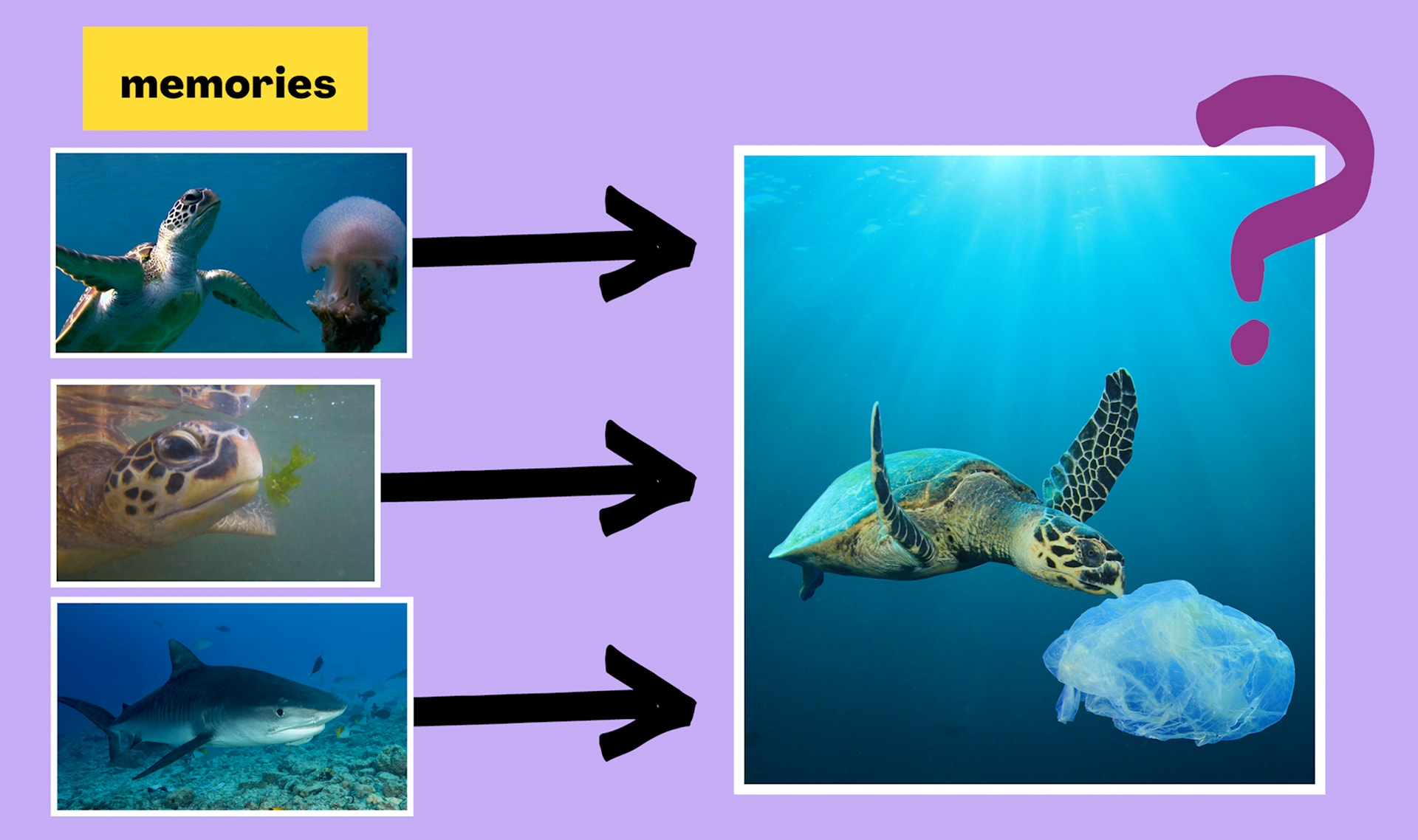
DISCUSS: Here are some memories a sea turtle might have.
Do you have any new ideas about why a sea turtle might eat a plastic bag?
Do you have any new ideas about why a sea turtle might eat a plastic bag?
Full Screen

Please wait…
This video is having trouble loading. You may have lost your Internet connection.
Step 1: Click to Reload this page
Step 2: Click to
Try our other video player
Step 3: Contact your teacher if trouble persists.
Or,
dismiss this message.
Full Screen
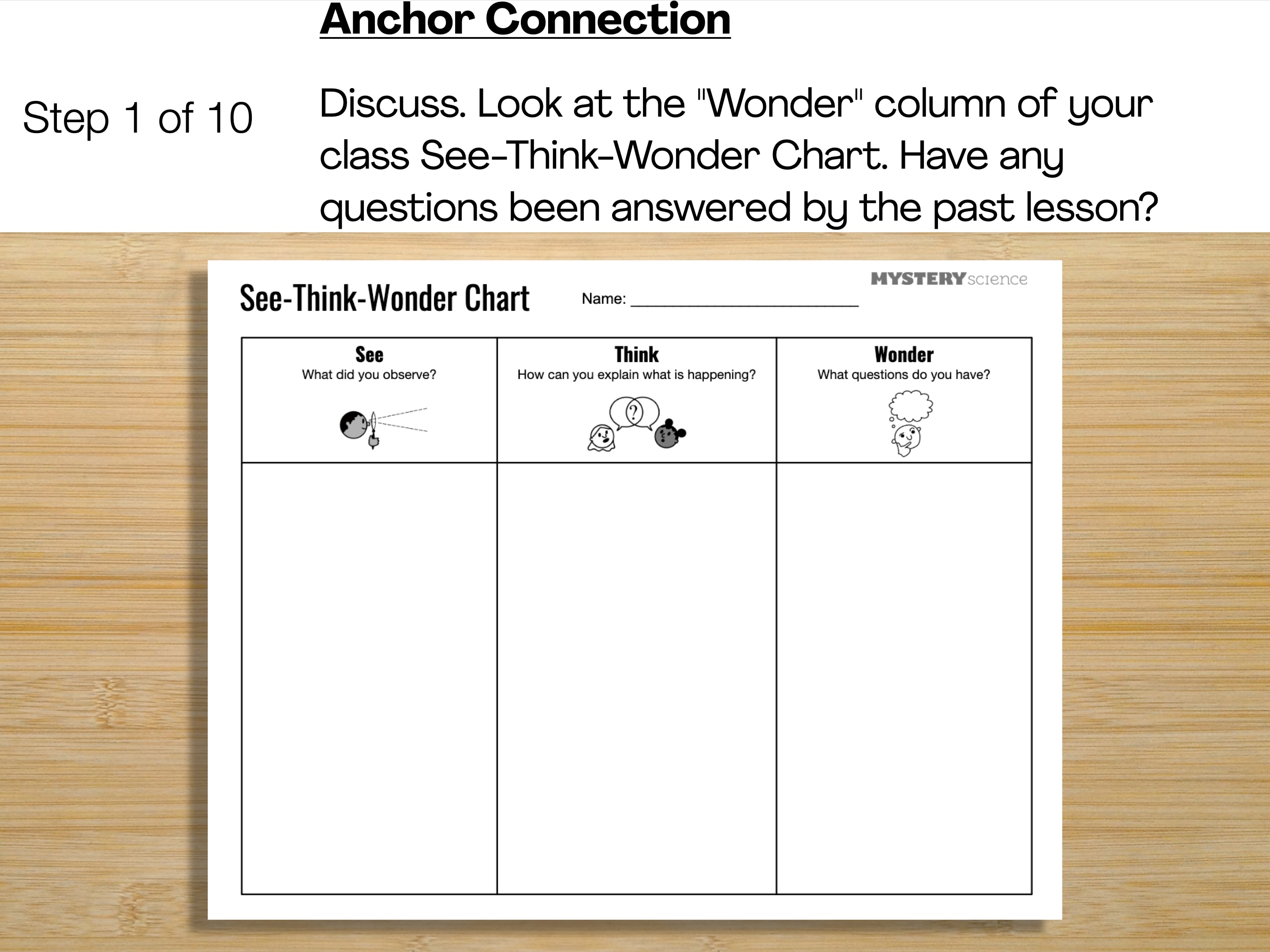
Full Screen
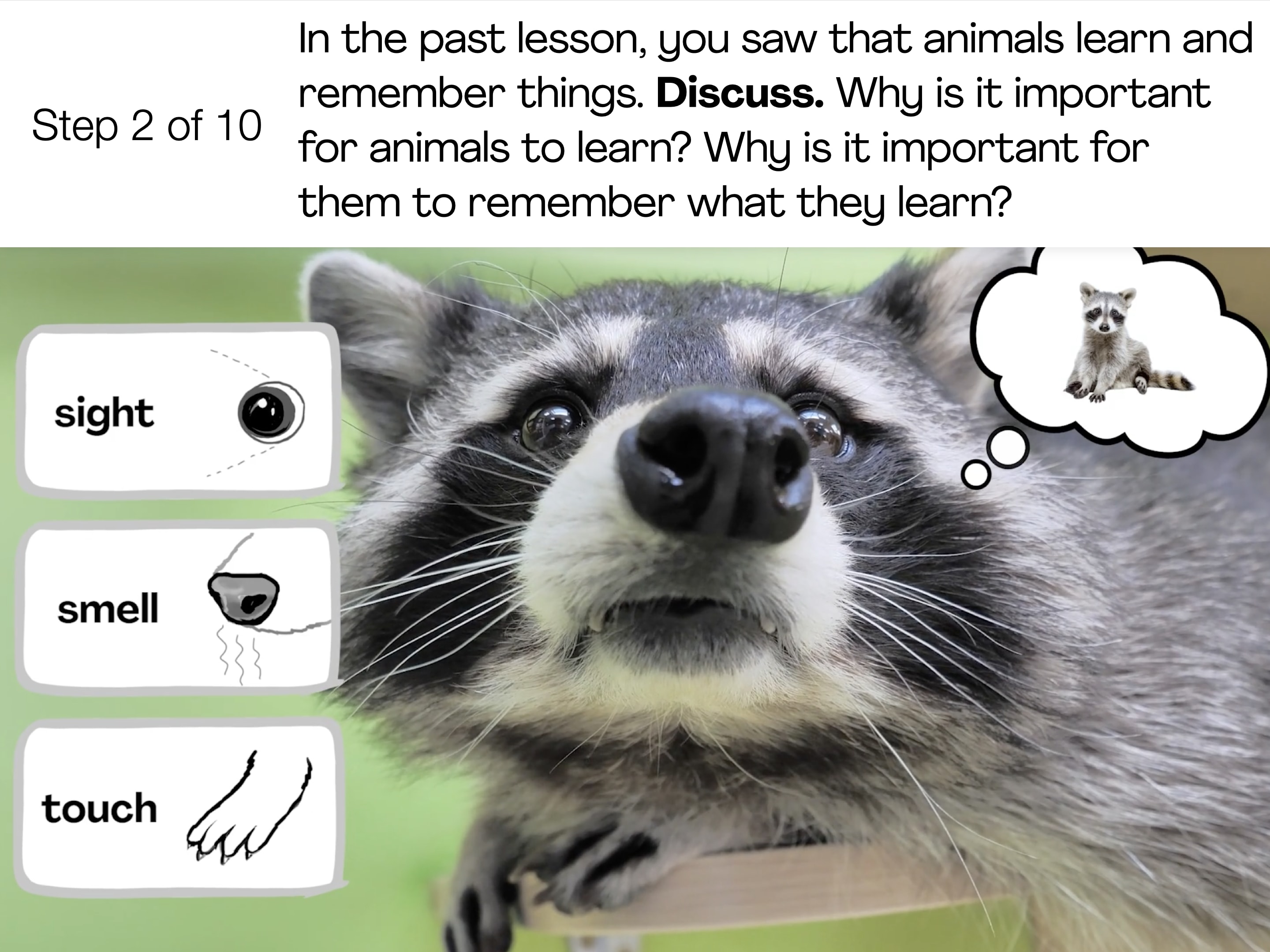
Full Screen
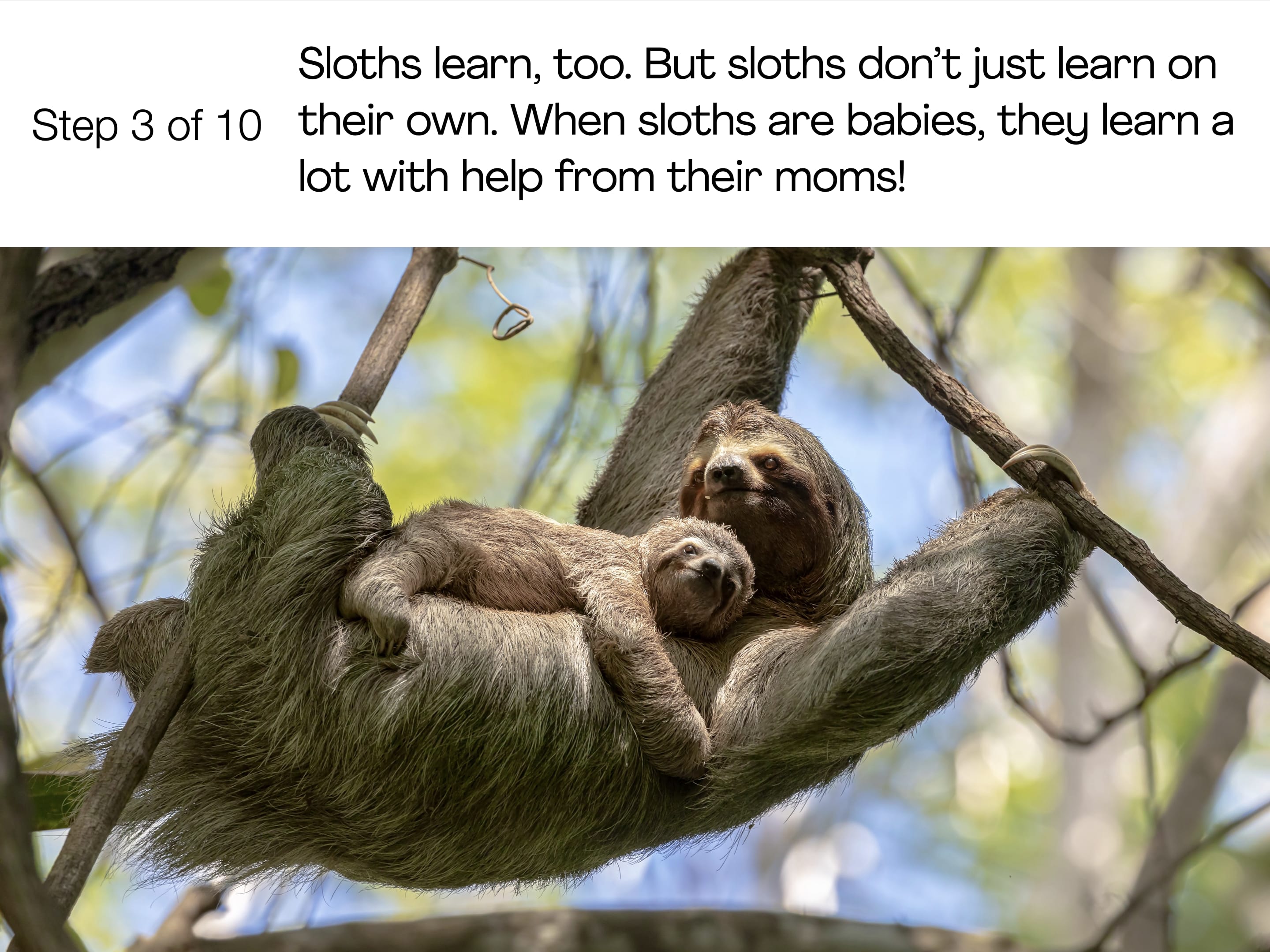
Full Screen

Please wait…
This video is having trouble loading. You may have lost your Internet connection.
Step 1: Click to Reload this page
Step 2: Click to
Try our other video player
Step 3: Contact your teacher if trouble persists.
Or,
dismiss this message.
Full Screen

Please wait…
This video is having trouble loading. You may have lost your Internet connection.
Step 1: Click to Reload this page
Step 2: Click to
Try our other video player
Step 3: Contact your teacher if trouble persists.
Or,
dismiss this message.
Full Screen
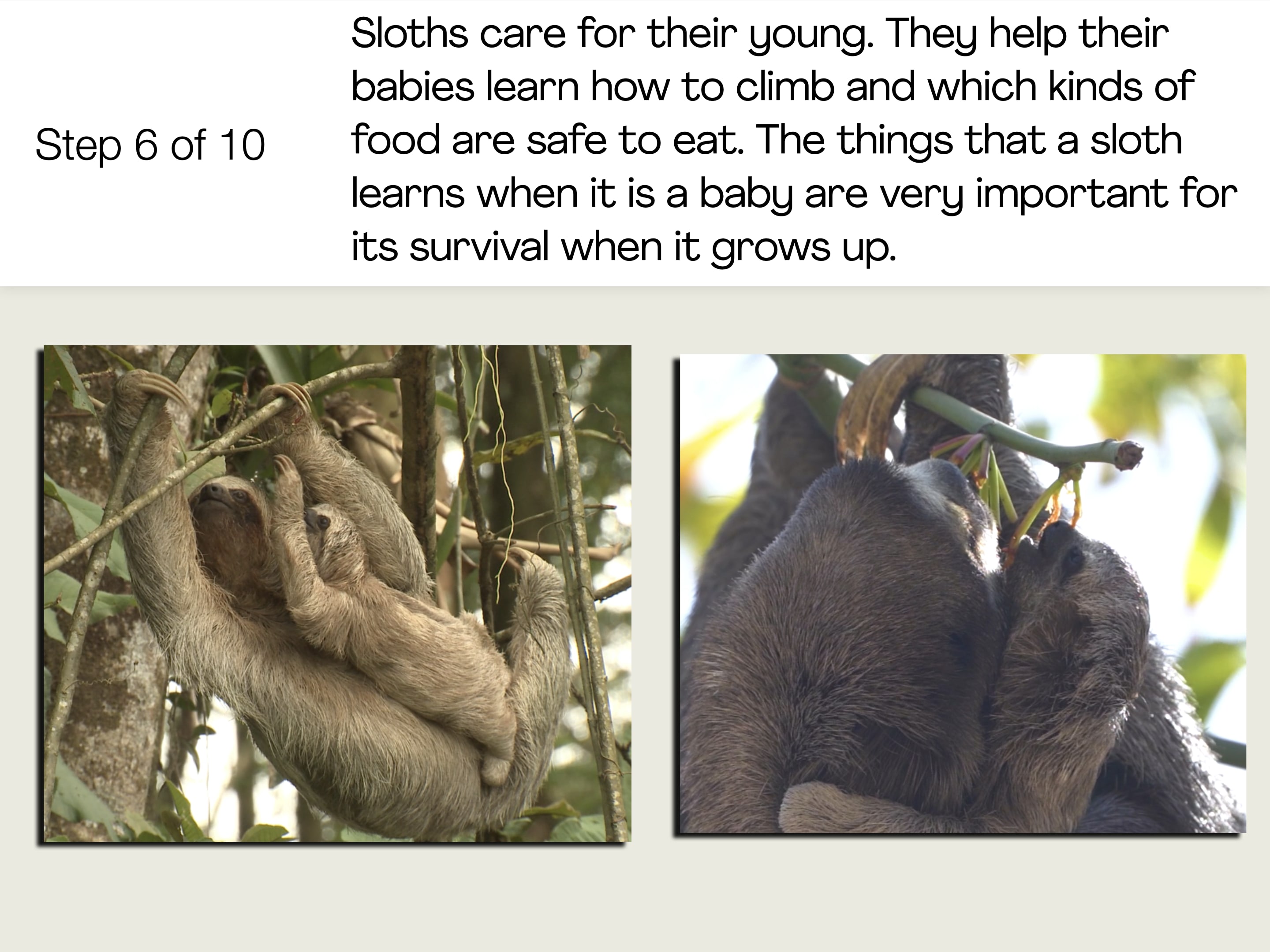
Full Screen
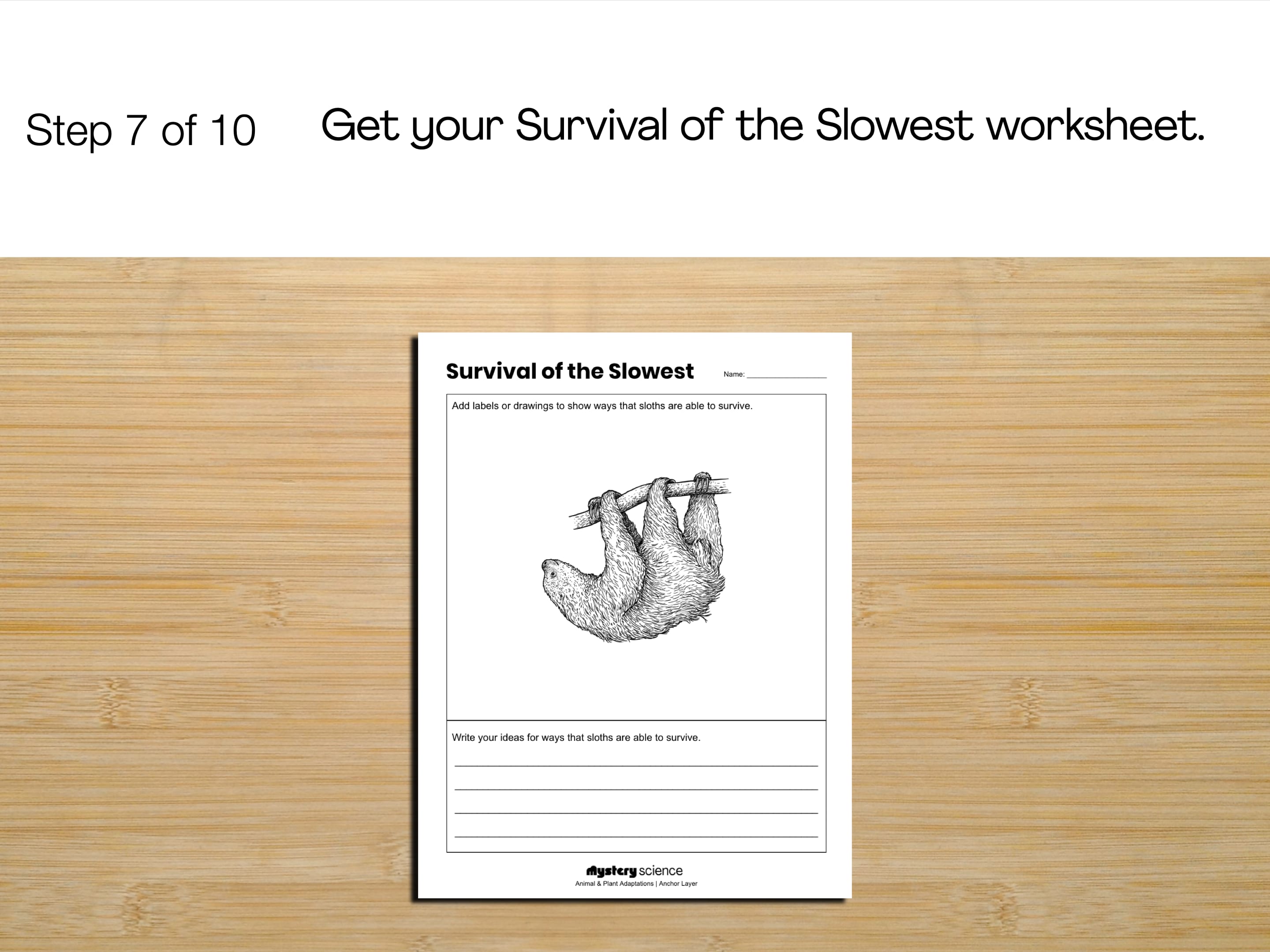
Full Screen
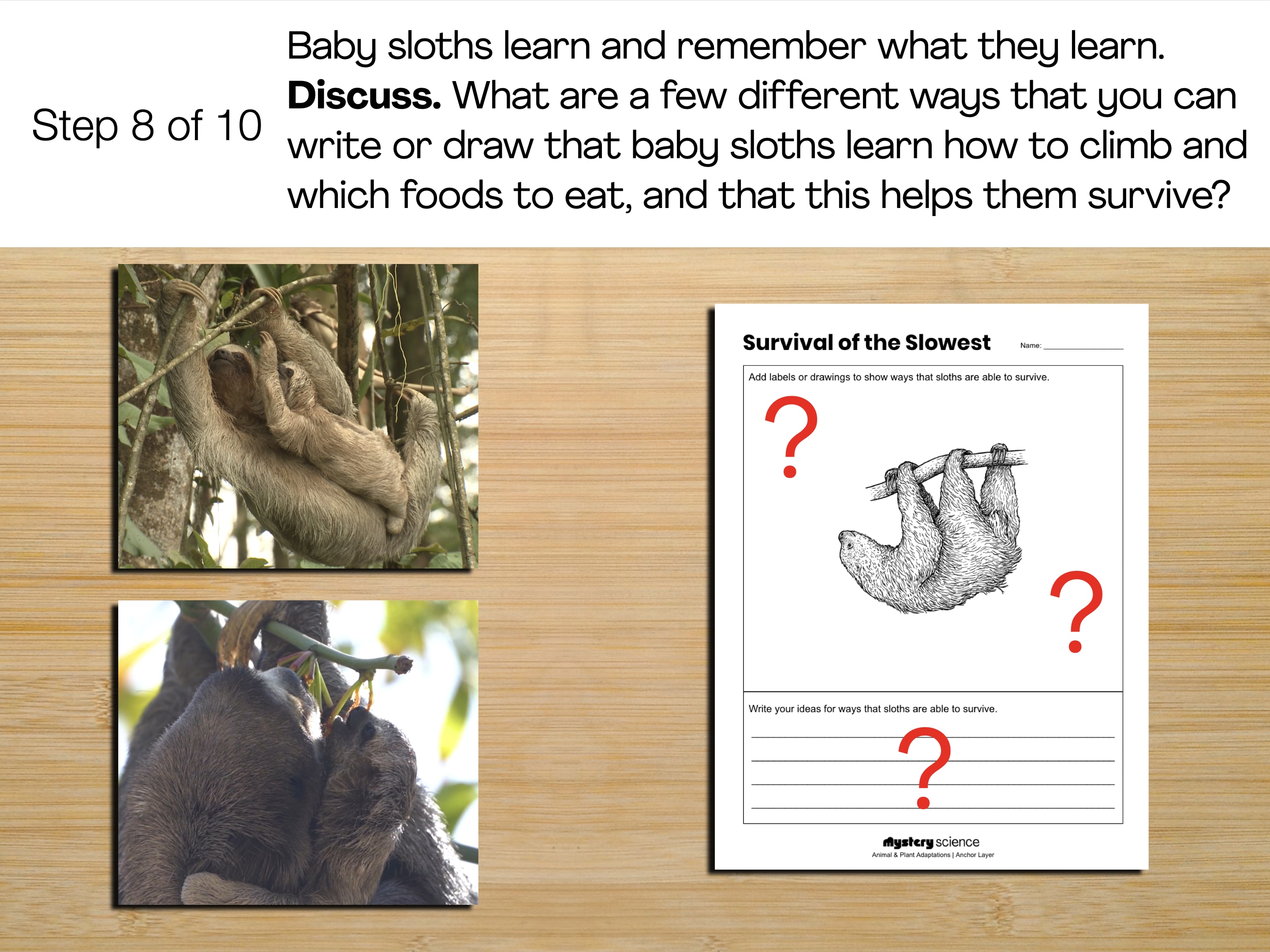
Full Screen
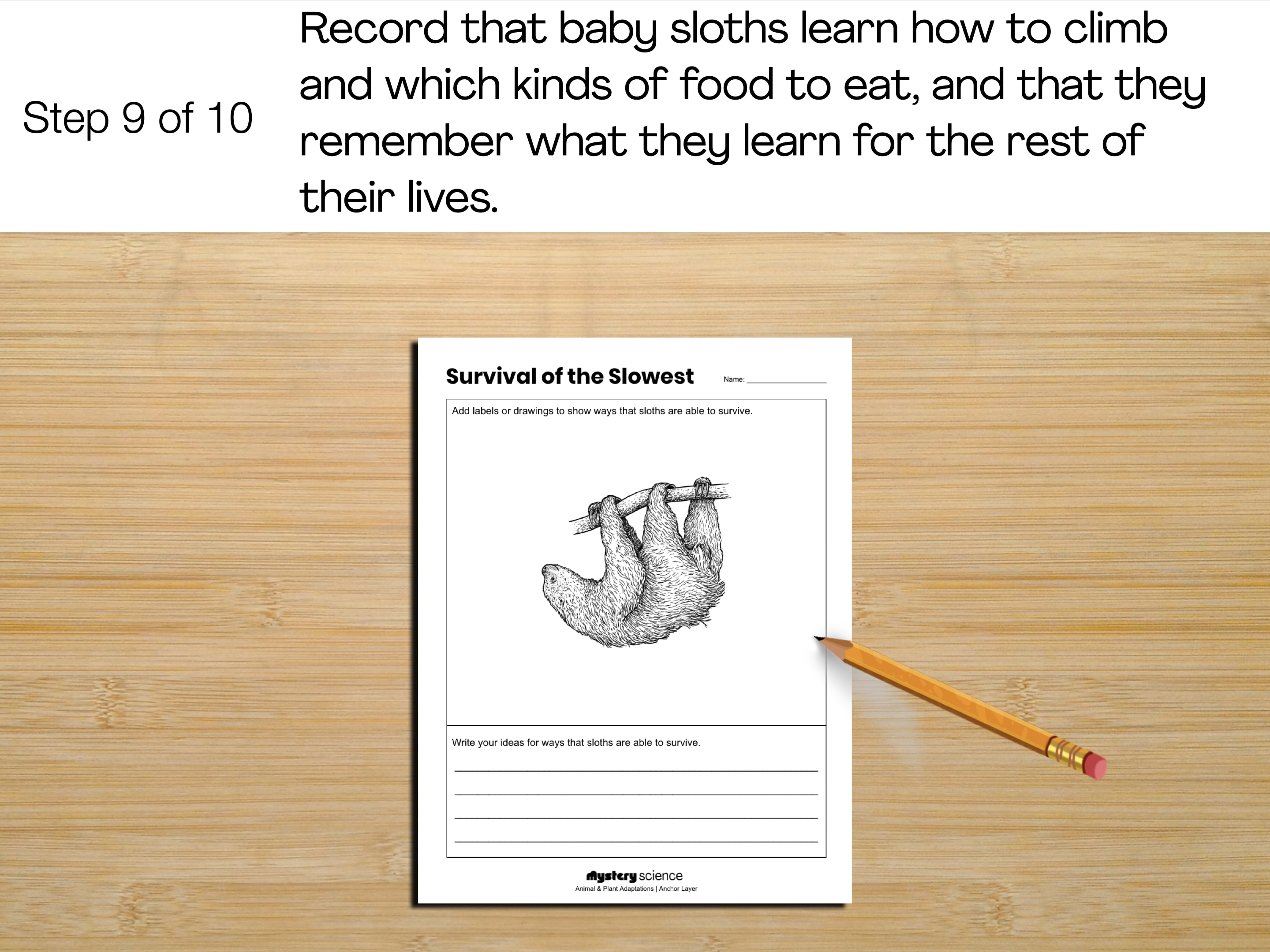
Full Screen
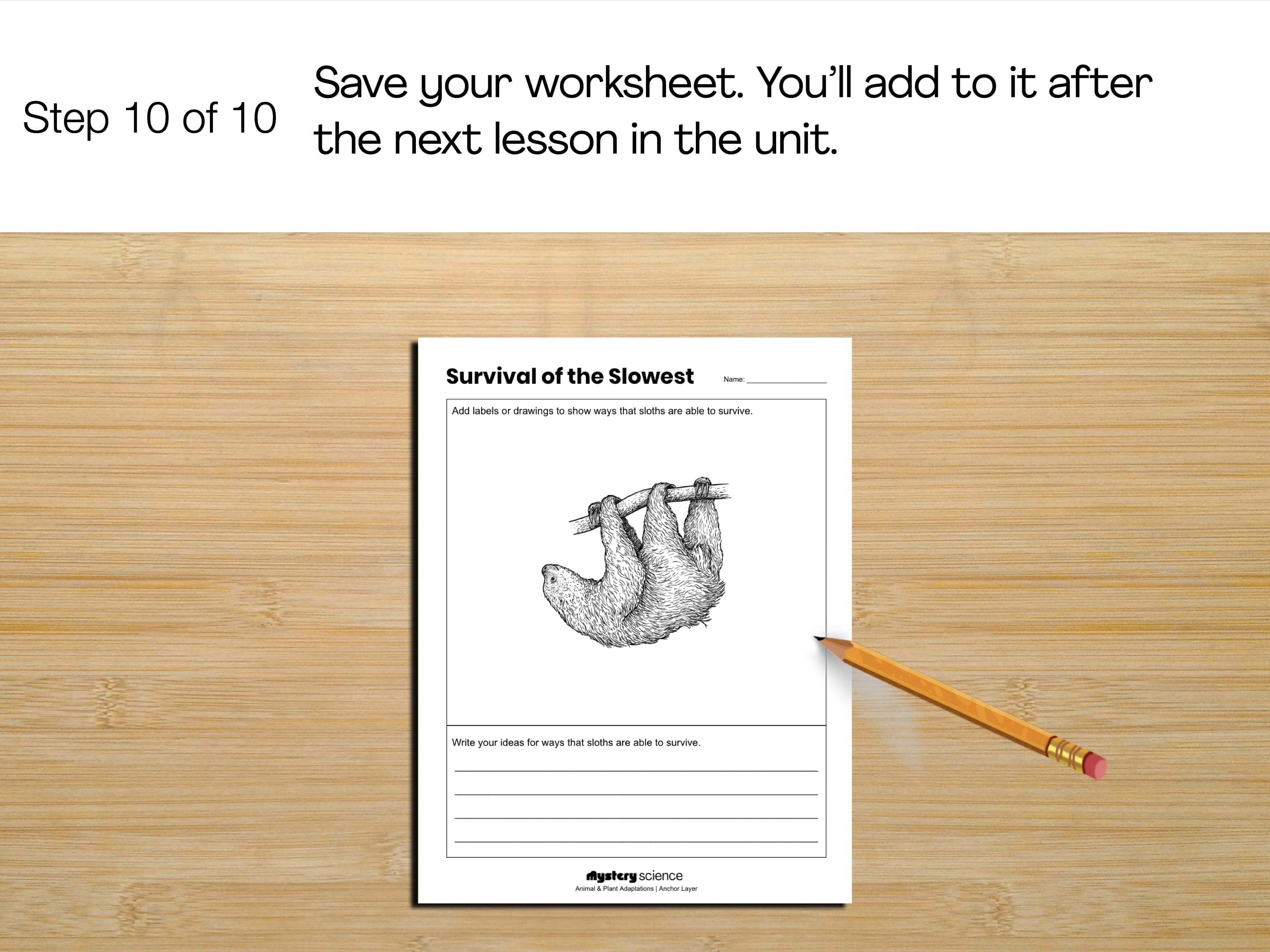
Full Screen
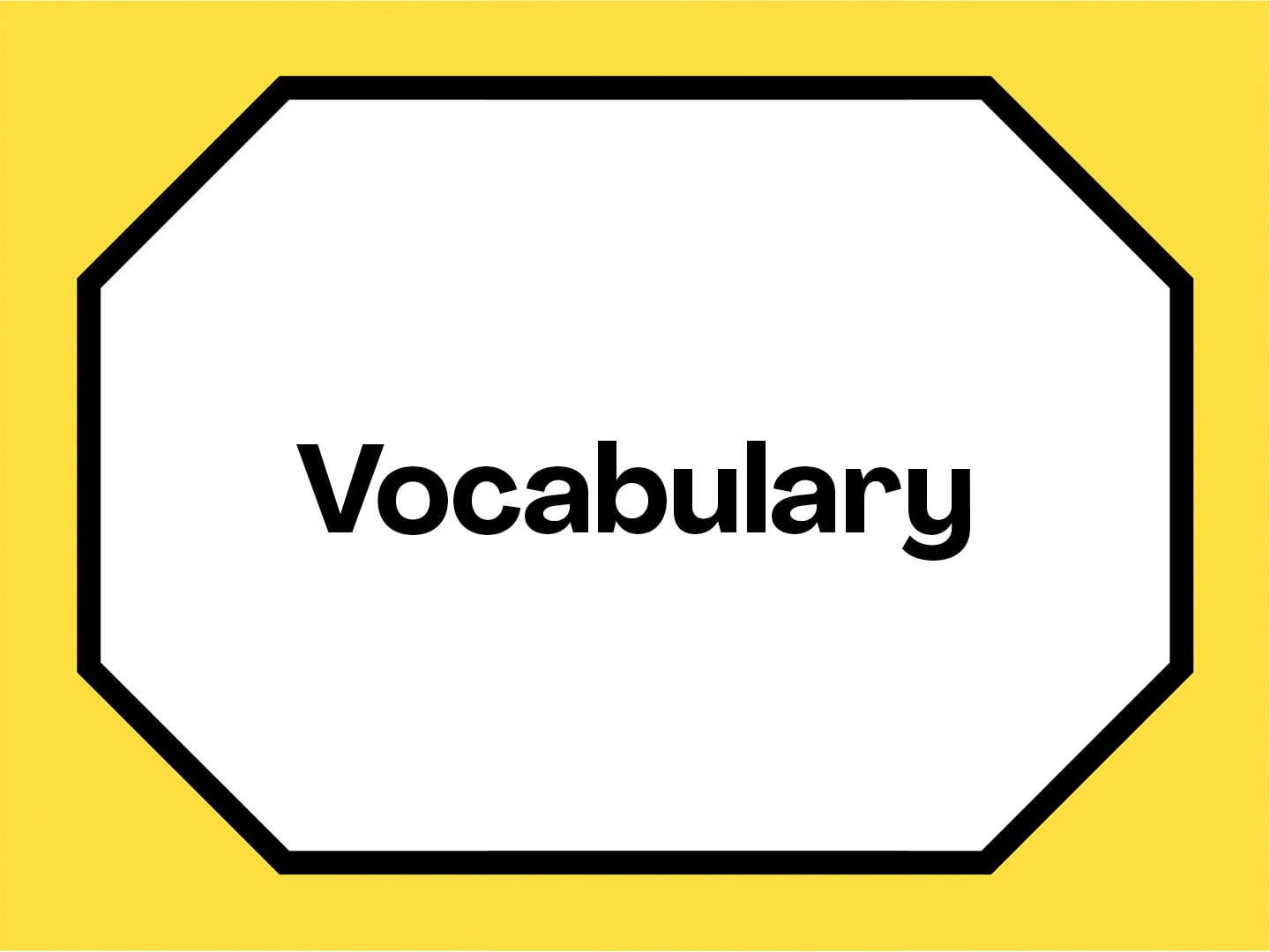
Full Screen
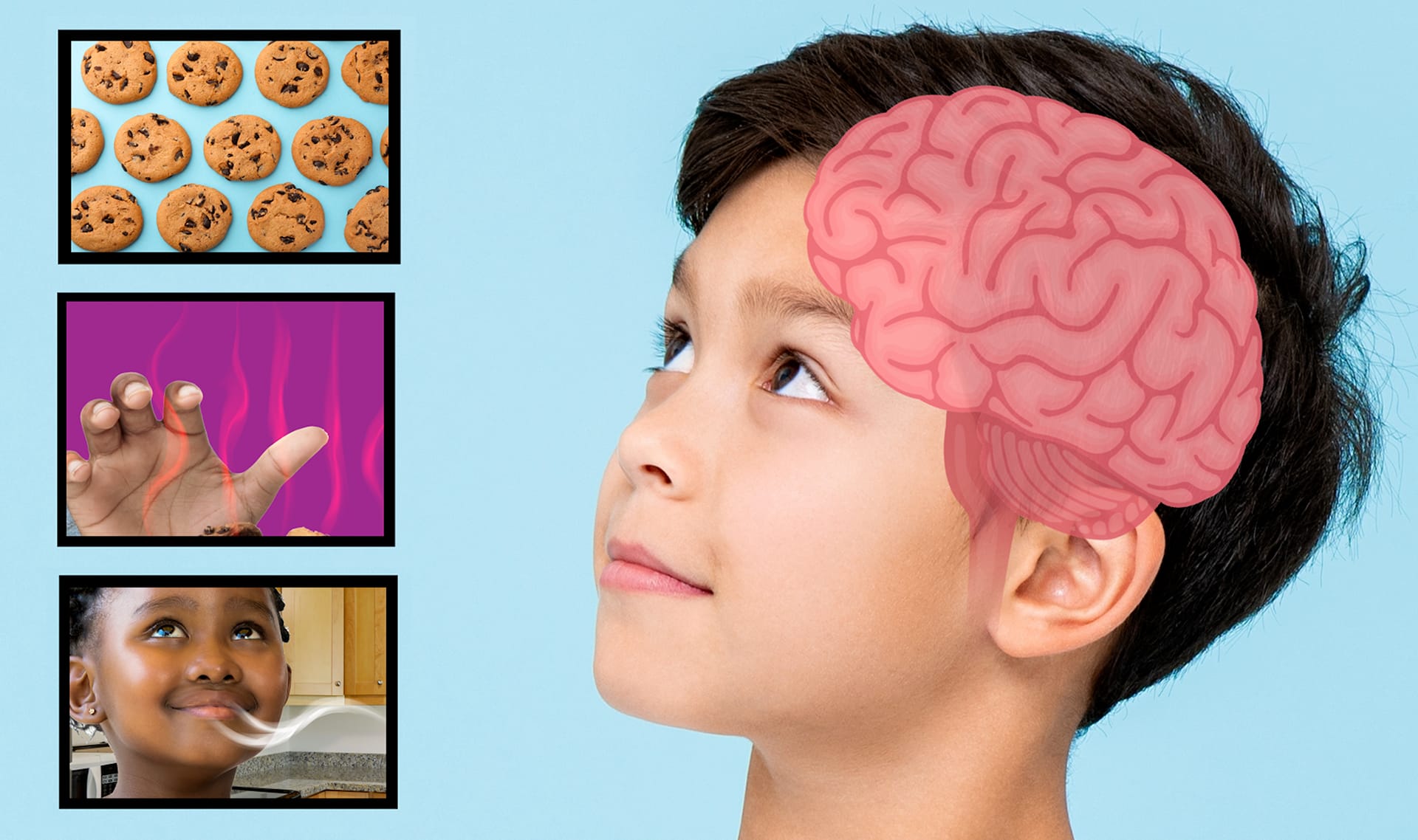
brain
1 of 7
a part of the body that receives and responds to signals from the senses and also stores memories
Full Screen
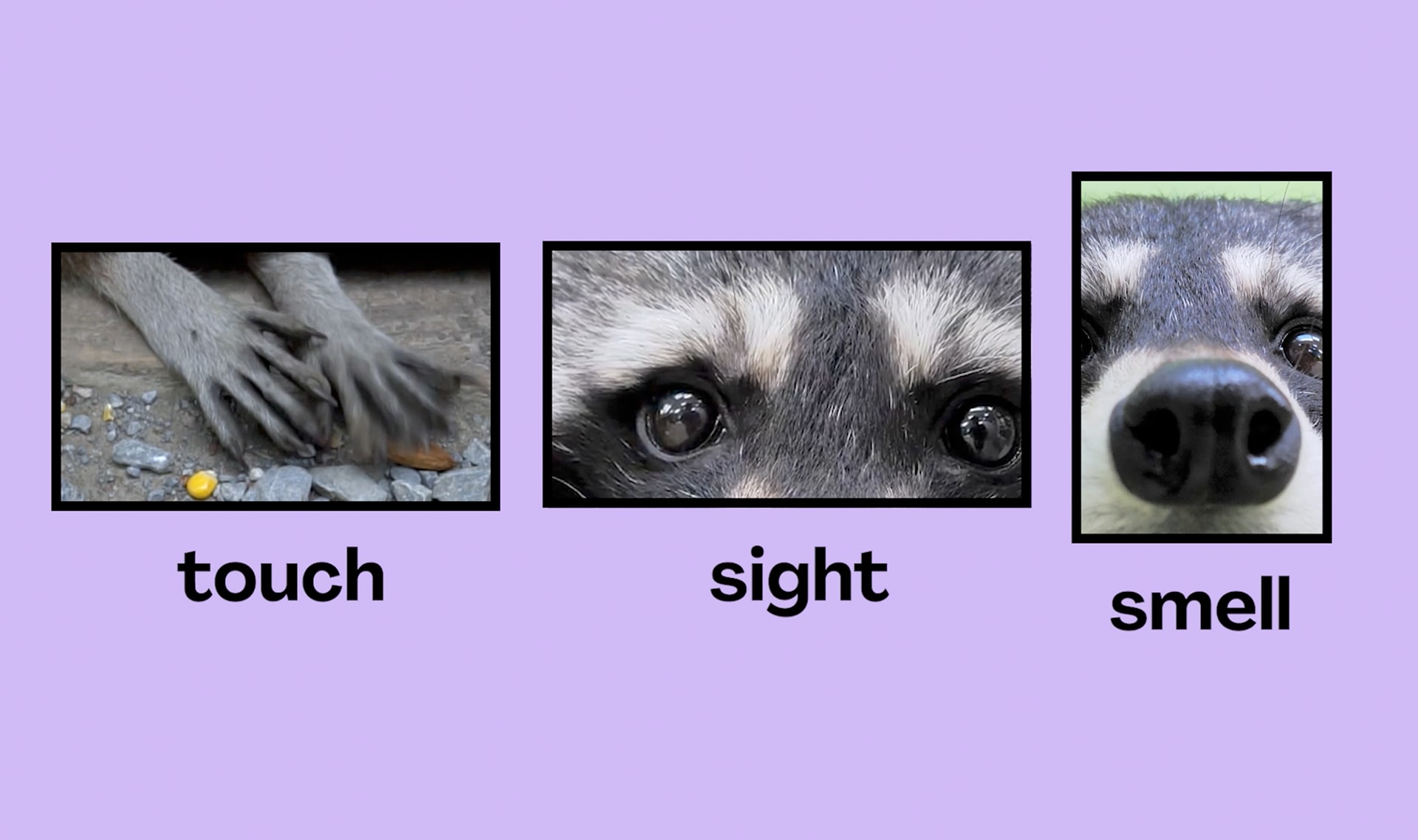
senses
2 of 7
a part of the body (eyes, ears, nose, mouth, hands) that gathers information about the environment
Full Screen
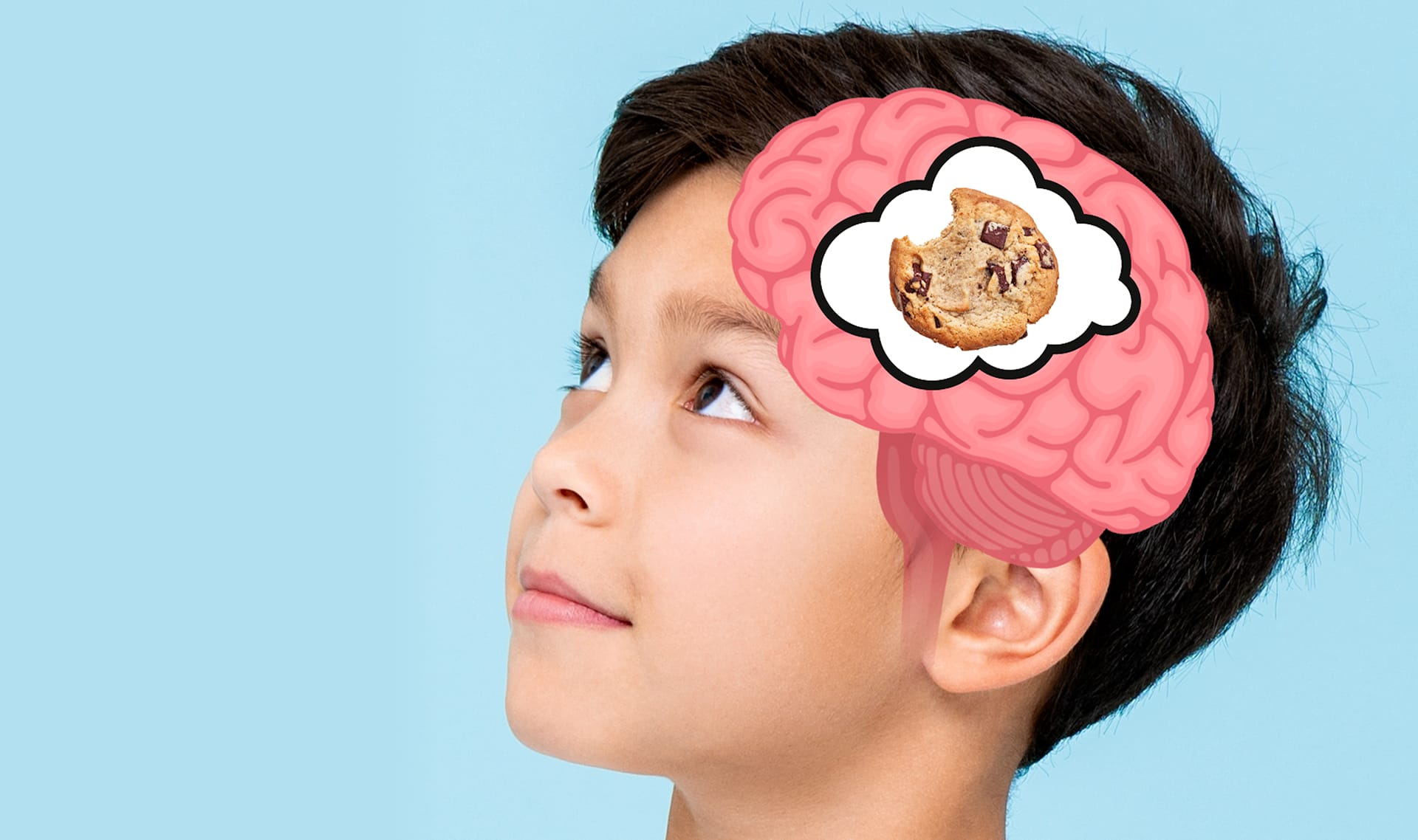
memory
3 of 7
information that is stored in the brain and can be remembered
Full Screen

Please wait…
This video is having trouble loading. You may have lost your Internet connection.
Step 1: Click to Reload this page
Step 2: Click to
Try our other video player
Step 3: Contact your teacher if trouble persists.
Or,
dismiss this message.
behavior
4 of 7
the actions and reactions of living things
Full Screen
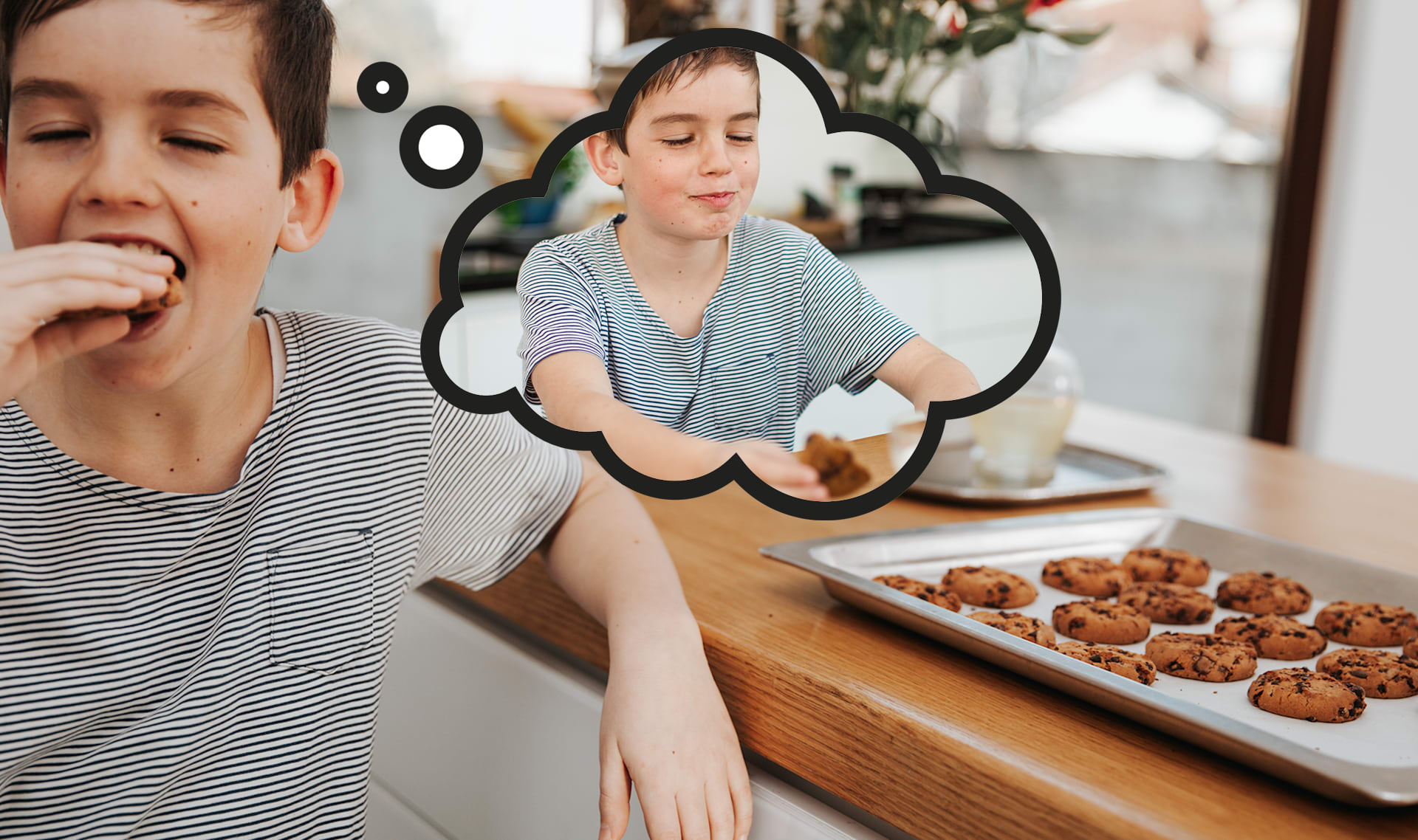
learned behavior
5 of 7
a behavior that is learned based on past experiences
Full Screen

Please wait…
This video is having trouble loading. You may have lost your Internet connection.
Step 1: Click to Reload this page
Step 2: Click to
Try our other video player
Step 3: Contact your teacher if trouble persists.
Or,
dismiss this message.
instinct
6 of 7
a behavior that a living thing does without being taught
Full Screen
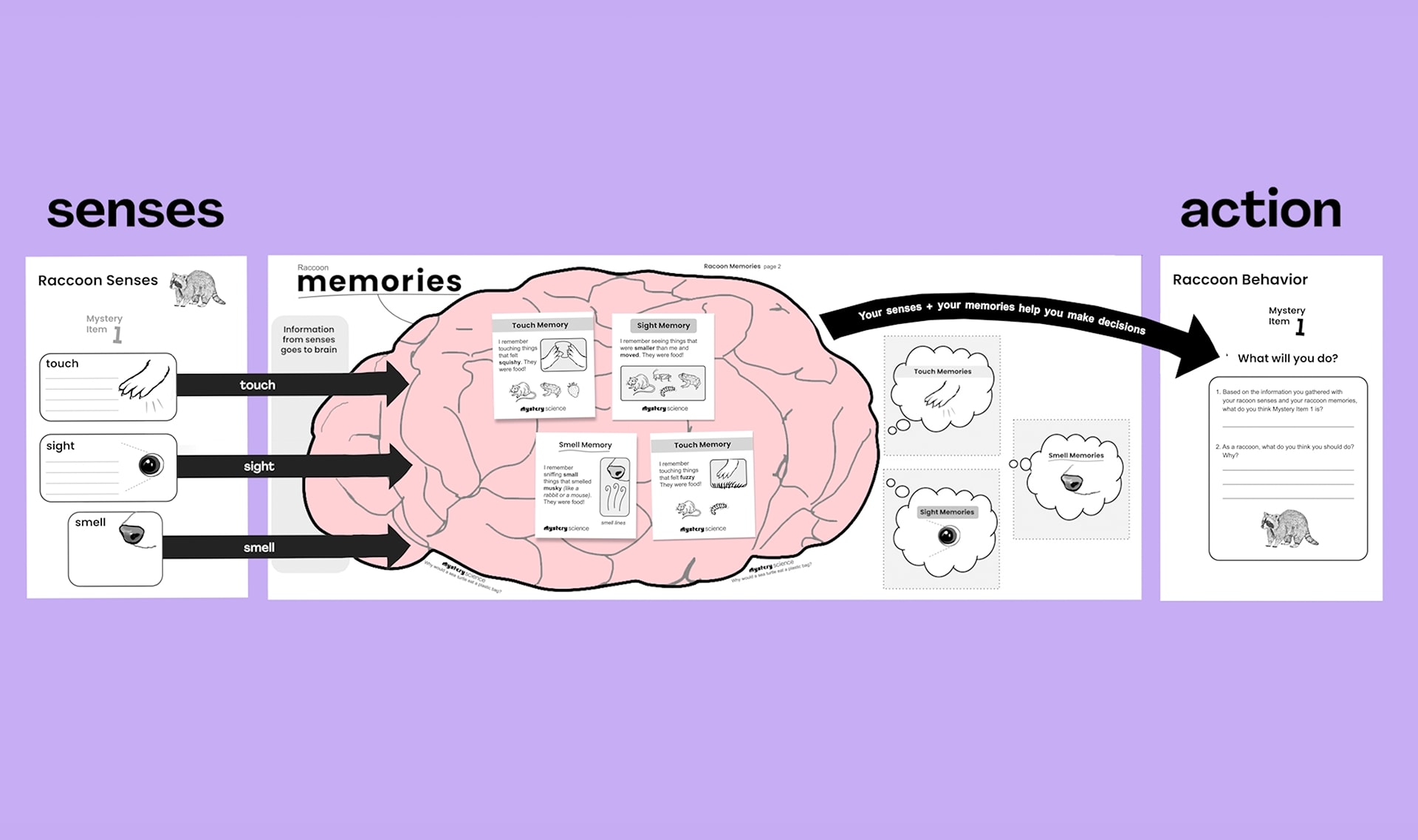
model
7 of 7
a pretend version of something that scientists use when the real thing is too big, small, or complicated to work with
Full Screen
